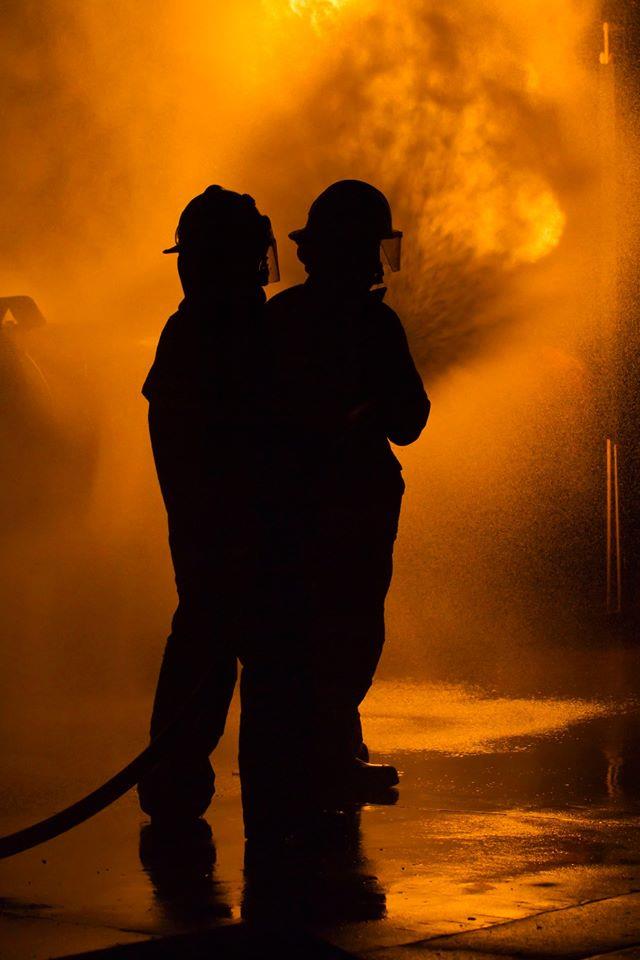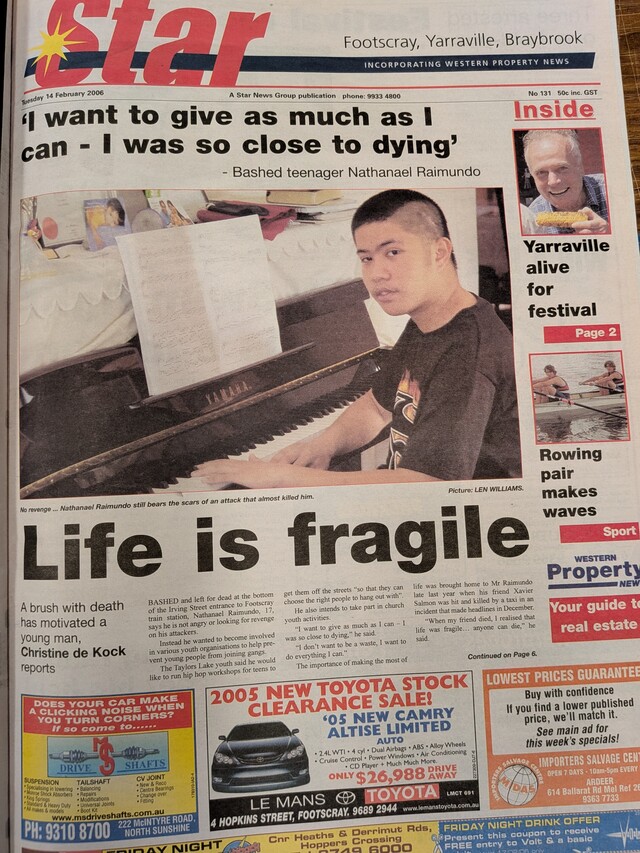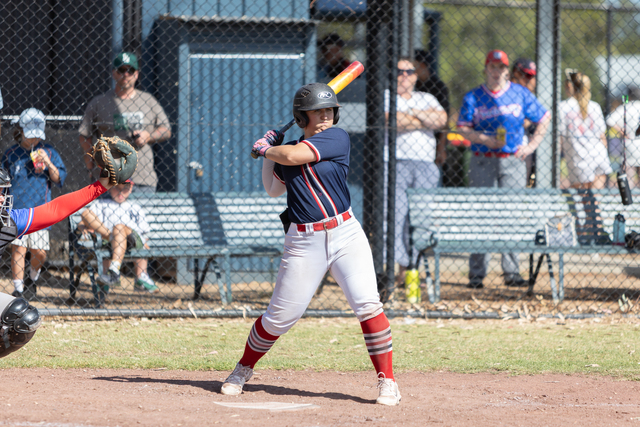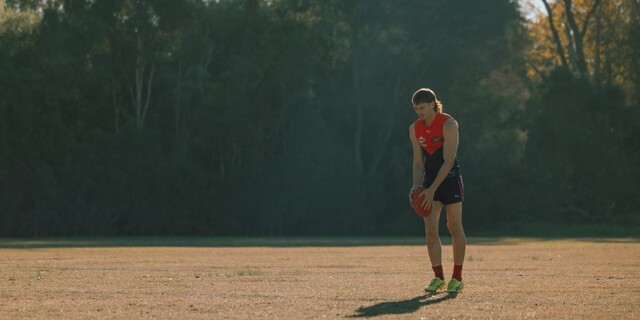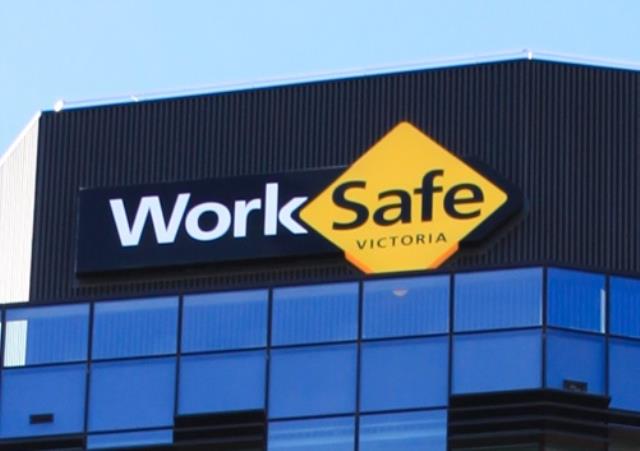Police working to tackle youth crime in the west are warning panic around an “African gang crisis” may be making their job more difficult by marginalising at-risk young people and driving further trouble.
Superintendent Therese Fitzgerald, the western suburbs’ new top cop, said addressing law and order issues among young people requires a whole-of-community strategy bringing together police, community leaders, educators and other social services.
Superintendent Fitzgerald told Star Weekly that early intervention is vital, and rushing to label all youth of African origin involved in crime as “gangs” could escalate offending.
“Just because the community hears ‘African gangs’, they see four African teenagers walking along a footpath behaving like a lot of Caucasian teenagers might behave and all of a sudden they’re really frightened,” she said.
“I’m really conscious of labelling people. I remember going to the supermarket and seeing a young African man working, and people were avoiding going into his lane to purchase their groceries. Now for me that’s really sad.”
Superintendent Fitzgerald said there have been some high profile incidents of “networked youth offending”, but police are not seeing the African-Australian community offending at an organised gang level.
“It’s more teenage peer groups hanging out together and doing really bad things.
“It’s not helpful, that MTS [Menace to Society] stuff … it gets that notoriety and then of course it encourages the behaviour.”
While extra policing resources are being tipped into western suburbs hotspots, according to Superintendent Fitzgerald the best way of tackling youth crime is via prevention and talking about issues impacting on children that can lead to offending.
“Multi-agency models have been established … we have education around the table, juvenile justice, corrections, the justice department and the principals from the schools as well, all around the table, talking about people we see are at risk,” she said.
“We know that if they’re in school that’s one preventative aspect, that’s one little piece of the puzzle that might help us.”



